Corrosive Injury Treatment in Kolkata
Home > Esophagus Diseases > Corrosive Stricture
Overview
A corrosive stricture occurs when stomach acid, alkalis or harmful chemicals damage and scar the gastrointestinal (GI) tract. This condition narrows the food pipe or surrounding areas like the esophagus or stomach. Patients with acute corrosive injury often require prompt evaluation to prevent long-term complications.
Consult with Dr. Debjoy Sau, Kolkata’s renowned corrosive injury specialist, for accurate diagnosis and tailored treatment.
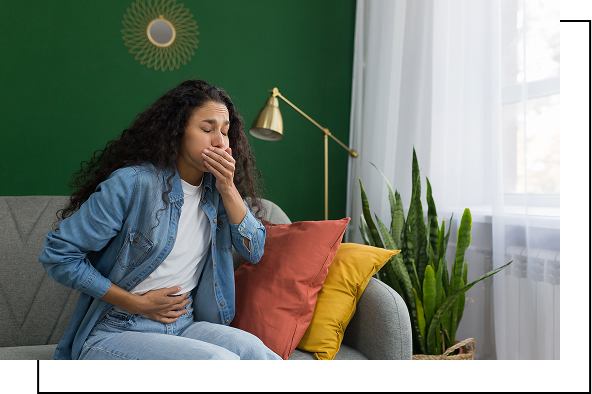
Corrosive Stricture Symptoms
Difficulty swallowing food and liquids (dysphagia)
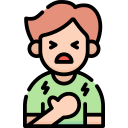
Chest pain during eating
Frequent vomiting or blood with vomiting
Heartburn or acid reflux
Weight loss due to reduced food intake
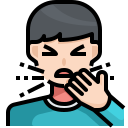
Coughing while eating
Food getting stuck in the throat
Regurgitation of undigested food
Book An Appointment
Causes and Risk Factors
The primary causes of corrosive stricture include:
Ingestion of lye or other alkaline substances
Delayed treatment after a corrosive gastric injury
Industrial exposure to caustic chemicals
Strong medication reactions
Severe acid reflux disease
Post-surgical complications in the GI tract
Complications
Don’t wait for complications to deteriorate. Schedule an appointment with Dr. Debjoy Sau, a corrosive injury treatment specialist in Kolkata, to explore your treatment options and protect your health. Without proper treatment, corrosive strictures can lead to:
Esophageal perforation (a hole in the esophagus/GI tract)
Stricture formation (permanent narrowing of the food pipe)
Persistent infection or abscess formation
Increased risk of esophageal cancer
Chest infections and breathing problems and malnutrition
Need for repeated procedures
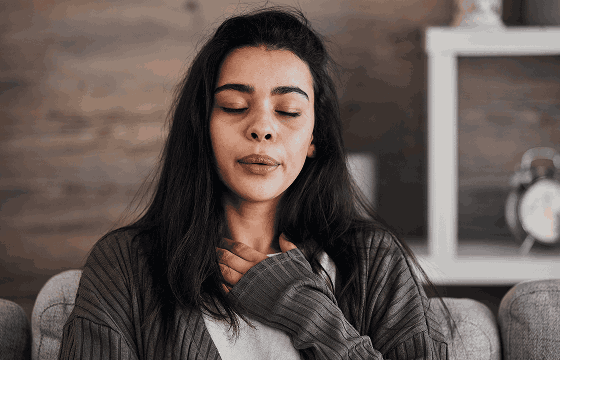
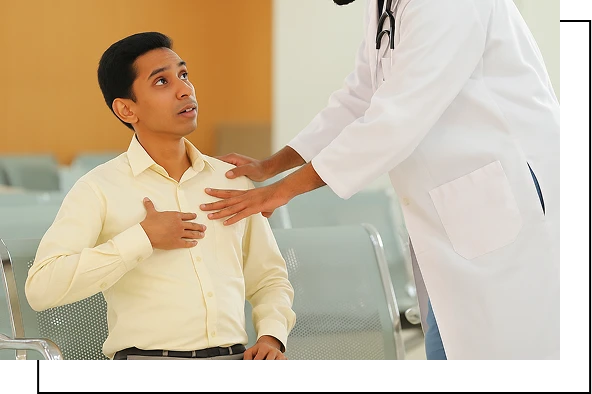
Evaluation
Upper endoscopy
Barium swallow tests
Esophageal manometry
CT scans, biopsy or tissue sampling
Regular monitoring

Management
Treatment and management of corrosive GI injury depends on the severity of the injury. In some cases, no treatment may be necessary. In other cases, treatment may include:
Endoscopic balloon dilation
Surgical process
Stent placement
Medications and nutritional therapy
Long-term care planning

Book An Appointment
FAQs
Know Your Answers
Can corrosive strictures heal naturally?
No, professional medical treatment is essential. Without intervention, the condition typically declines and can cause severe complications.
Is surgery always necessary?
Not always. Many cases respond well to endoscopic treatments, but severe cases may require surgical intervention.
Is endoscopic dilation painful?
Endoscopic dilation is minimally invasive and done under sedation to reduce discomfort.
What foods should I avoid with a corrosive stricture?
Stick to soft, easily swallowed foods initially. Avoid rough, hard, or sticky foods that can cause irritation.
Can corrosive injury lead to cancer?
Chronic scarring increases the risk of esophageal cancer, which highlights the need for regular follow-ups.

